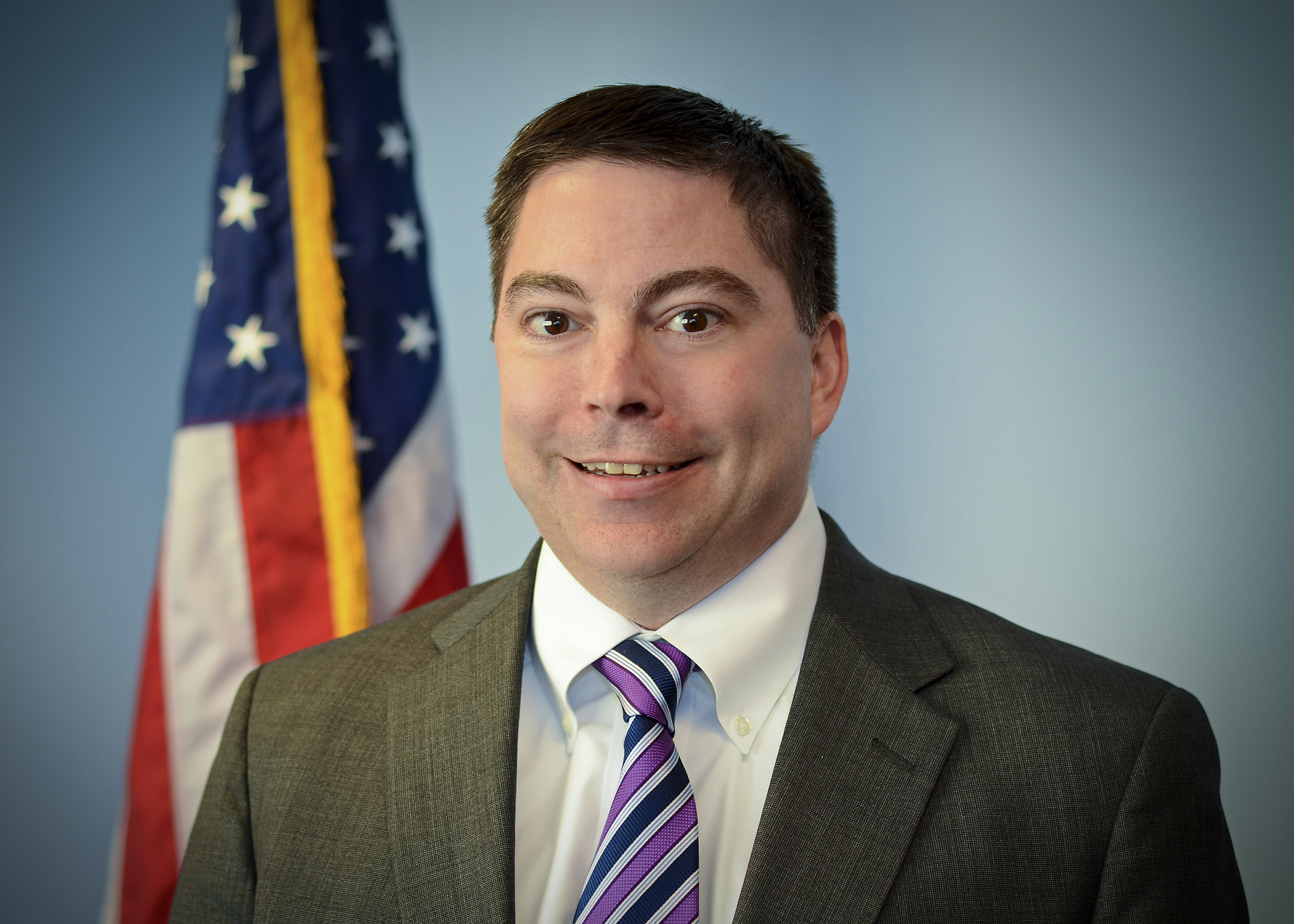FCC's O'Rielly Vows to Keep Fighting Overbuilding
The smarter way to stay on top of the multichannel video marketplace. Sign up below.
You are now subscribed
Your newsletter sign-up was successful
WASHINGTON — Federal Communications Commission member Michael O'Rielly told rural broadband providers Monday that he would continue to fight the use of government broadband subsidy money to overbuild existing broadband service deployed with private capital, including from high-profile funds with laudable goals.

That has been one of his signature issues, a signature he was glad to write large in a speech to NTCA – The Rural Broadband Association’s legislative and policy conference in D.C.
O'Rielly has both sides of the conference covered, having dealt with legislation, including the 1996 Telecom Act, as a hill staffer, and with policy implementation at the FCC.
O'Rielly has long been working to expose efforts by the FCC and other agencies to use federal funds to overbuild their networks.
RELATED:O'Rielly Grills USAC on E-Rate Overbuilding
He suggested that some were trying to hijack the E-rate and Rural Health Care Universal Service Fund (USF) programs to "cannibalize your service areas, steal the biggest and most lucrative clients around, and jeopardize your ability to serve remaining consumers." O'Rielly favors capping the USF fund.
Last month, O'Rielly asked the USF administrator whether E-rate subsidies should be used to fund wide area networks (WANs) where government subsidies have already been used to lay fiber.
The smarter way to stay on top of the multichannel video marketplace. Sign up below.
The Republican commissioner told NTCA that the result is that scarce funds are diverted from unserved areas that most need them.
O'Rielly focused on specialized networks for E-rate and healthcare that have been funded "notwithstanding the fact that existing local providers could and would be willing to carry any necessary traffic and offer the requisite services."
He suggested those funds were being manipulated by "certain applicants," that "can only be met by a select, hand-chosen provider, sometimes the applicant itself under a self- provisioning scheme."
He says those networks were being allowed to "steal" customers from rural broadband providers, customers that could be critical to their viability.
He also warned about billions in Farm Bill broadband subsidies being used to overbuild.
"Thankfully, there is general agreement that the USDA must coordinate with the FCC to keep this from happening," he said. "However, coordination doesn’t mean a ban on overbuilding; it can mean as little as having a conversation between government agencies."
He told them to be on the lookout for "new pots of funding — such as potential federal infrastructure funding — that could create similar mischief."
O'Rielly said few were willing to tackle such overbuilding issues because "just talking about restricting E-Rate, Rural Health Care, or USDA funding provokes outrage by particular interest groups … Many of these entities don’t want any restrictions imposed on their ability to get federal funds, no matter the purposes."
But he suggested it was a tough job he felt it was his duty to tackle as a government official charged with making sure that all Americans have access to broadband. "Every dollar wasted to overbuild existing provider networks comes at the expense of those Americans without broadband service."
ISPs, including rural providers, have joined O'Rielly in arguing that money should be targeted to unserved areas, rather than underserved.
Contributing editor John Eggerton has been an editor and/or writer on media regulation, legislation and policy for over four decades, including covering the FCC, FTC, Congress, the major media trade associations, and the federal courts. In addition to Multichannel News and Broadcasting + Cable, his work has appeared in Radio World, TV Technology, TV Fax, This Week in Consumer Electronics, Variety and the Encyclopedia Britannica.

